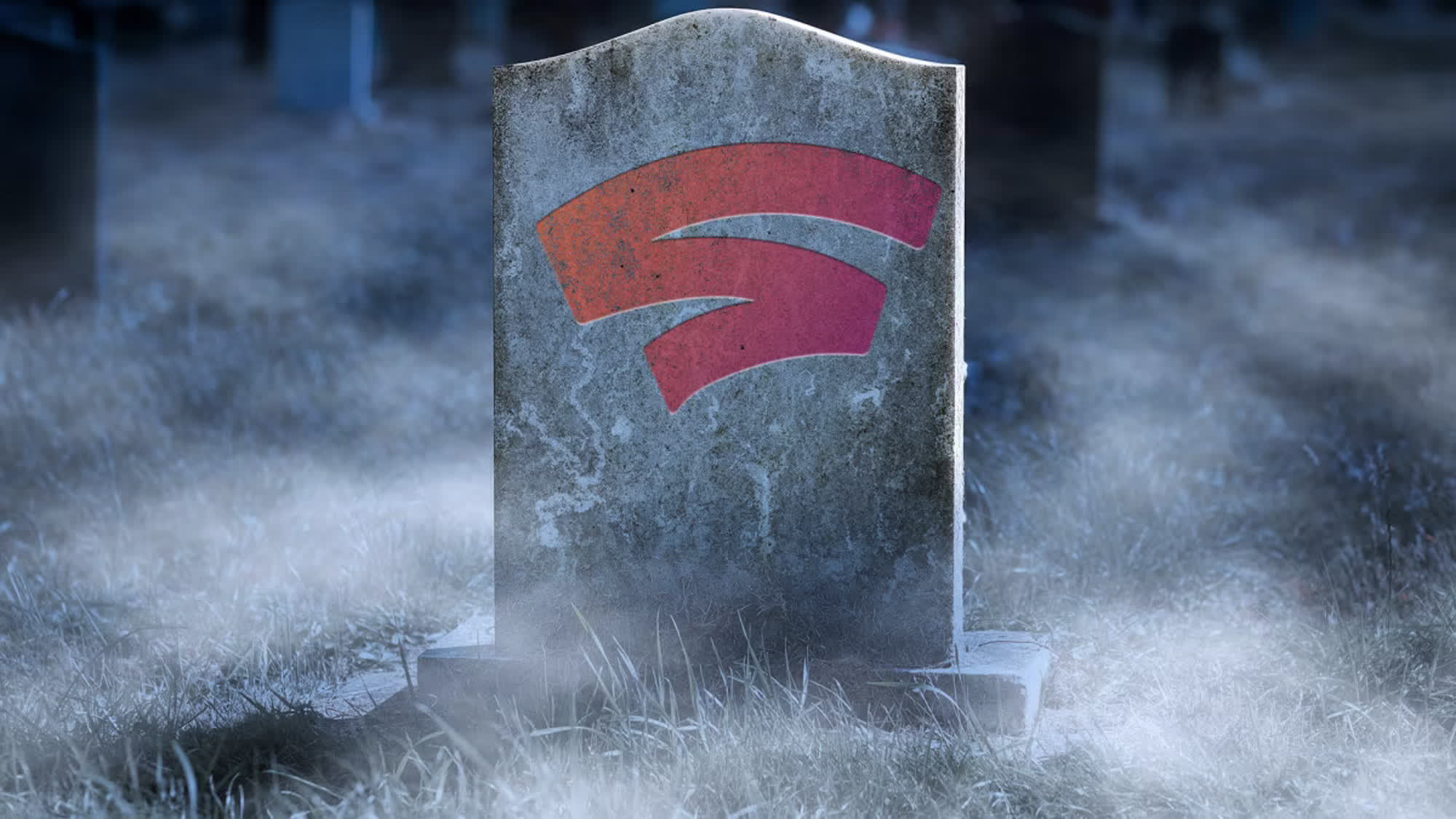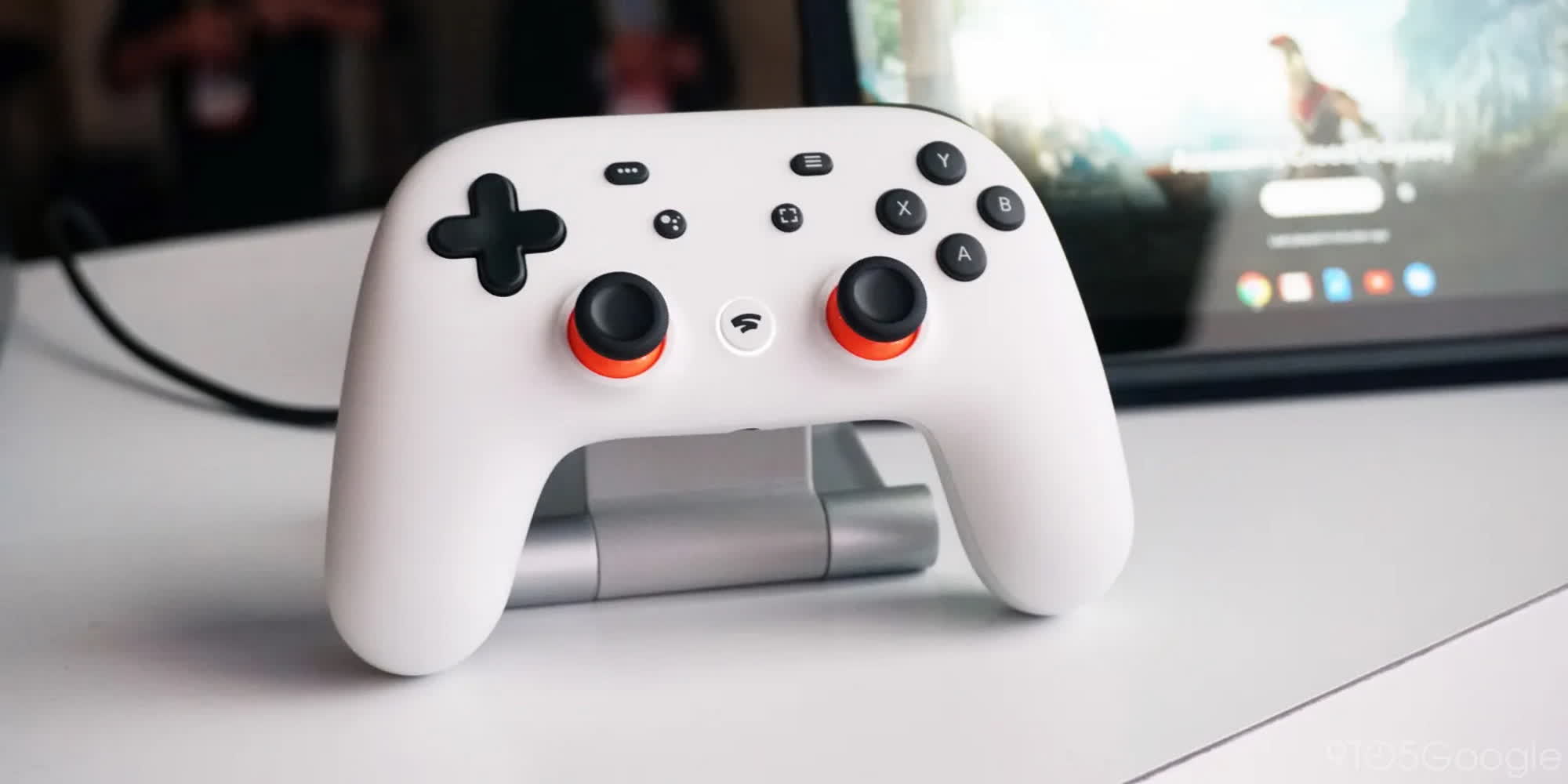In context: Google designed Stadia as a competitor to existing online gaming services offered by Sony, Microsoft, and Nvidia. The search giant shut down its cloud-gaming brainchild after just a couple of years, and the service's proprietary controller will soon become a worthless piece of plastic without modification.
Customers still owning Stadia joypads need to convert them into proper Bluetooth controllers, or they will lose the ability to keep using the devices in the future. After Stadia's inglorious demise in January, Google offered users a one-year Bluetooth conversion program for Stadia controllers. However, the search giant quietly extended the program. The service's support page now states that Bluetooth mode activation will be available until December 31, 2024.
Like every cloud gaming service, Stadia had issues with high controller latency. Google tried to mitigate the problem by designing the controller to connect directly to the internet via Wi-Fi instead of using an additional local Bluetooth connection. The company claimed that a direct internet connection provided lower latency, which could have been a boon, especially for the low-power Chromecast dongles.
Unfortunately, latency was only one of Stadia's problems, and the platform suffered a somewhat expected death. When Google finally takes the servers offline, the Wi-Fi controller will become worthless unless converted to generic Bluetooth. Google being Google, users must convert their gamepads exclusively through a webpage rather than a simple firmware download pushed out to all controllers.

The conversion site employs the WebUSB API, which provides secure access to USB devices from websites and seemingly only works on Chrome or other Chromium-based browsers (of course). After updating the firmware, the Stadia controller will only work in Bluetooth mode or via a wired USB connection. The Wi-Fi functionality will become useless, which is fine since Stadia is already buried in the ever-expanding Google graveyard.
Early reports about Stadia's popularity indicated Google was expecting "hundreds of thousands" more users than it received. There are likely many unboxed Stadia controllers sitting on shelves in the backroom of some stores. Providing an additional grace period to convert the controllers into Bluetooth joypads could help stores (and Google) potentially recoup losses from the essentially defunct units.
The Stadia controller was well received at launch, though it seemed overpriced, going for $70, about $10 more than traditional home console joypads. A fair discount could help move units out of storage.
